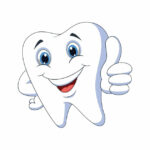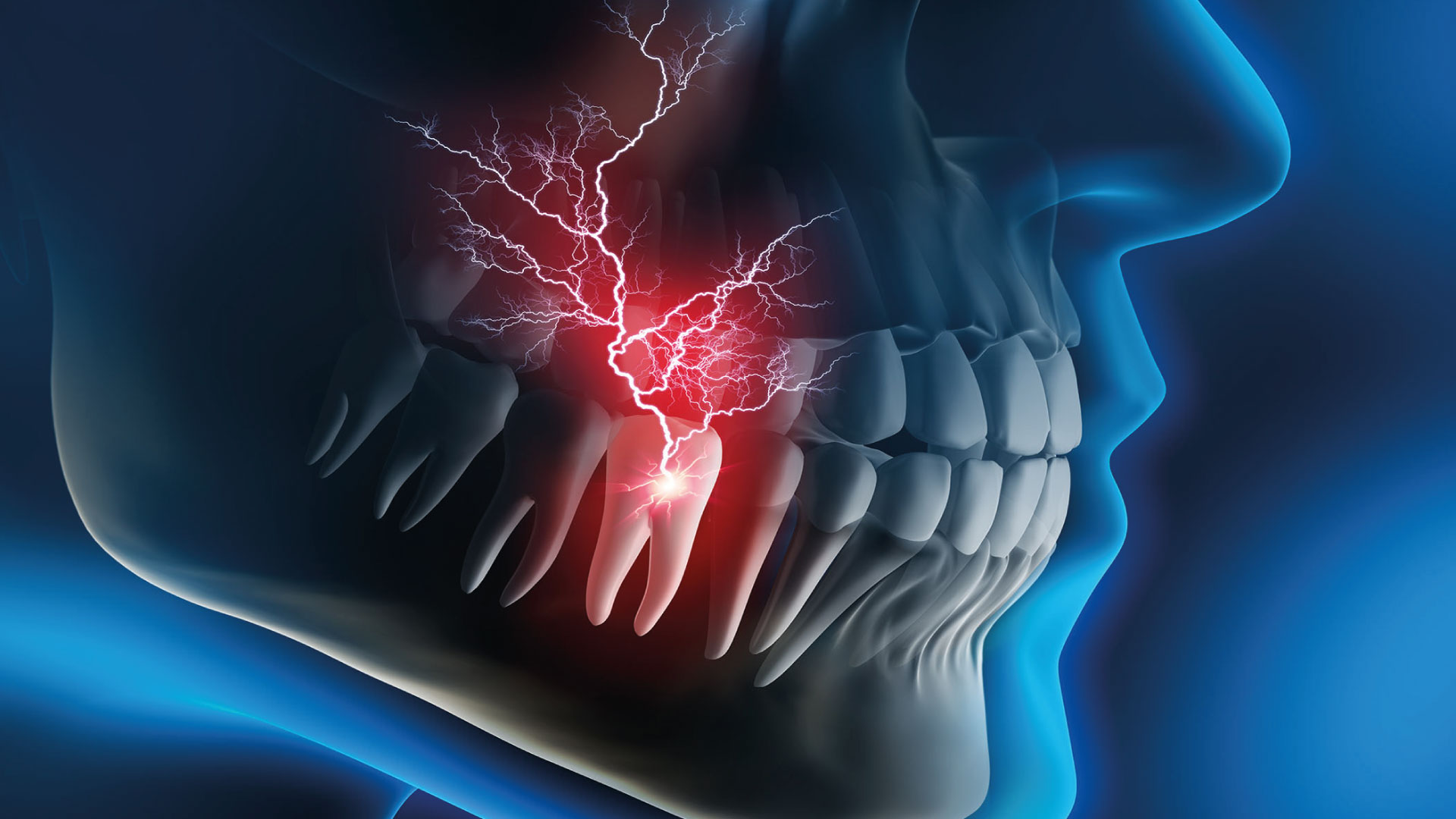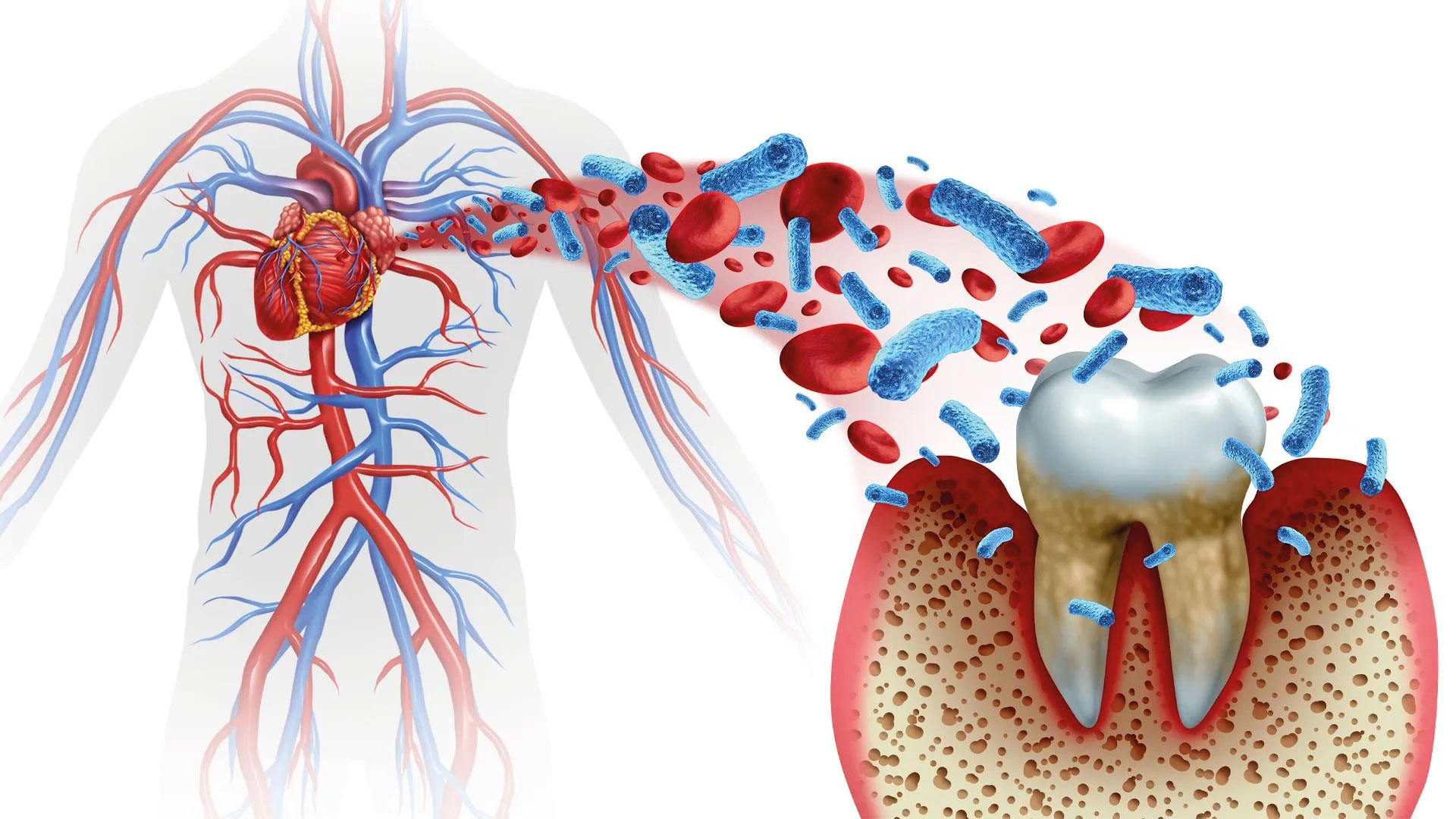Introduction
Hi everyone, we are happy to welcome you to our new blog article dedicated to the “Causes of Sensitive Teeth”. In this article, we will explore together why our teeth become sensitive and what solutions we can adopt to alleviate this annoying problem.
Tooth sensitivity is a common issue that many of us face daily. Whether it’s bites of ice cream that are too cold or sips of hot coffee, the pain can be uncomfortable and interfere with our daily well-being. Understanding the causes of tooth sensitivity is the first step to finding relief and protecting our smile. In our article, we competently and clearly illustrate everything you need to know about this topic, providing practical tips and effective solutions.
Understanding Tooth Sensitivity
What are Sensitive Teeth?
Tooth sensitivity is a condition in which teeth react acutely to stimuli such as cold drinks, hot food, cold air, or even the simple touch of a toothbrush. This sudden and sharp pain occurs when the protective layer of tooth enamel thins or when the gums recede, exposing the underlying nerve endings.
When tooth enamel erodes, more sensitive layers of the tooth, called dentin, are exposed. Dentin contains small tubules filled with fluid that lead to nerve endings. When these tubules are exposed to extreme temperatures or certain foods and drinks, the fluid moves, stimulating the nerves and causing a painful sensation.
Who is Affected by Tooth Sensitivity?
Anyone can be affected by tooth sensitivity, but the chances increase with age and certain dental habits and conditions. People of all ages can experience tooth sensitivity, but it is particularly common among adults. Several factors can increase the risk of developing tooth sensitivity, including a diet rich in acidic foods, poor oral hygiene habits, and pre-existing dental conditions.
Among the most common risk factors are:
- Acidic Diet: Frequently consuming acidic foods and drinks such as citrus fruits, wine, or soda can contribute to enamel erosion.
- Poor Oral Hygiene: Not brushing or flossing regularly can lead to plaque and bacteria buildup, which contributes to gum recession.
- Pre-existing Dental Conditions: Dental issues such as poorly placed fillings, cavities, and other conditions can contribute to tooth sensitivity.
- Brushing Habits: Brushing too aggressively or using a toothbrush with hard bristles can wear down the enamel and cause gums to recede.
- Use of Whitening Products: Whitening products can contain ingredients that may temporarily make teeth more sensitive.
Remember, recognizing the signs of sensitivity and understanding the underlying causes is the first step to finding relief and adopting appropriate preventive measures.
Causes of Sensitive Teeth
Enamel Erosion
Gum Recession
Cracked or Chipped Teeth
Solutions for Sensitive Teeth
Improving Oral Hygiene
One of the first steps in addressing dental sensitivity is to improve oral hygiene. Using proper brushing and flossing techniques can protect enamel and prevent gum recession. Here are some useful tips:
- Brush gently with soft-bristled toothbrushes.
- Use toothpastes specifically designed for sensitive teeth. These toothpastes contain ingredients that help desensitize the dental nerves.
- Floss to remove food residues and plaque that can contribute to gum sensitivity.
- Avoid using mouthwashes that contain alcohol, as they can further irritate the gums.
Professional Dental Treatments
When home remedies are not enough, it is important to consult a dentist for professional treatments. There are several options that can help reduce tooth sensitivity:
- Fluoride Applications: Fluoride strengthens the tooth enamel and reduces sensitivity. The dentist can apply fluoride to particularly sensitive areas.
- Bonding Resins: To protect exposed dental surfaces, the dentist can apply bonding resins to sensitive teeth to create a protective barrier.
- Desensitizing Gel Treatments: These gels can be applied directly to the teeth and help block pain transmission from dental nerves.
Lifestyle Changes
Adopting healthier lifestyle habits can make a big difference in reducing dental sensitivity. Here are some changes to consider:
- Healthy Diet: Reduce the consumption of acidic and sugary foods and drinks. A diet rich in fruits and vegetables is not only good for general health but also for the teeth.
- Avoid Teeth Grinding: If you have a habit of grinding your teeth, it may be helpful to wear a night guard to protect them from mechanical stress.
- Avoid Sudden Temperature Changes: Avoid switching immediately from very hot to cold foods and drinks, or vice versa, to prevent thermal shocks on the teeth.
Remember, if home remedies do not provide relief, it is always better to consult a dentist for personalized advice and treatments. Our dental health is essential for maintaining a healthy and happy smile.
Preventing Tooth Sensitivity
Daily Dental Care Routine
Adopting an effective daily dental care routine can make a big difference in preventing tooth sensitivity. Here are some key steps to follow:
- Brush Your Teeth Twice Daily: Make sure to brush your teeth twice a day with a toothpaste designed for sensitive teeth. This reduces plaque buildup and helps protect the tooth enamel.
- Use Dental Floss: Flossing at least once a day prevents plaque accumulation between teeth and along the gum line, reducing the risk of gum disease.
- Mouthwash Rinses: Use a mouthwash suitable for sensitive teeth. Avoid those containing alcohol, which can irritate gums and increase sensitivity.
- Avoid Harmful Foods and Drinks: Limit consumption of acidic or highly sugary foods and drinks, which can erode tooth enamel and increase sensitivity.
- Avoid Aggressive Brushing: Use a toothbrush with soft bristles and gentle brushing techniques to prevent enamel wear and gum recession.
Regular Dental Visits
Regular dental visits are crucial for maintaining oral health and preventing tooth sensitivity. Here’s why they’re so important:
- Periodic Check-ups: Regular check-ups enable the dentist to detect any problems at an early stage and provide preventive or corrective treatments.
- Protective Treatments: Dentists can apply protective treatments like desensitizers, fluorides, and dental sealants to strengthen enamel and reduce sensitivity.
- Professional Cleanings: Professional cleanings remove plaque and tartar that cannot be removed at home with brushing and flossing. This prevents gum recession and conditions that can cause sensitivity.
- Personalized Advice: The dentist can provide personalized advice to improve oral hygiene and adopt habits that protect teeth from sensitivity.
Conclusion
Tooth sensitivity is a common problem that can cause significant discomfort and make daily life complicated. However, with the right knowledge and habits, it is possible to reduce, if not eliminate, tooth sensitivity.
We have explored in detail the various causes of tooth sensitivity, such as enamel erosion, gum recession, and damaged teeth. Each cause has a significant impact on our dental health and can lead to pain and discomfort that interfere with our daily pleasures, like enjoying ice cream or sipping hot beverages.
But all is not lost. There are effective solutions ranging from simple oral hygiene routines to professional treatments, all designed to protect our teeth and reduce sensitivity. Improving oral hygiene with gentle brushing and specific toothpastes, undergoing professional dental treatments like fluoride applications and bonding resins, and making healthy lifestyle changes can make a big difference.
Preventing tooth sensitivity is the next step. With a daily dental care routine, avoiding aggressive brushing and limiting acidic and sugary foods, we can keep our teeth healthy and strong. Regular visits to the dentist are essential for identifying any issues early and receiving preventive treatments.
In short, the approach to managing tooth sensitivity is twofold: understanding, treating, and preventing. With the right prevention and care, we can live without the fear of pain caused by tooth sensitivity.
Do not hesitate to contact us for more information or to schedule a consultation at our dental clinic. Call our reception at +357 26 946863.









